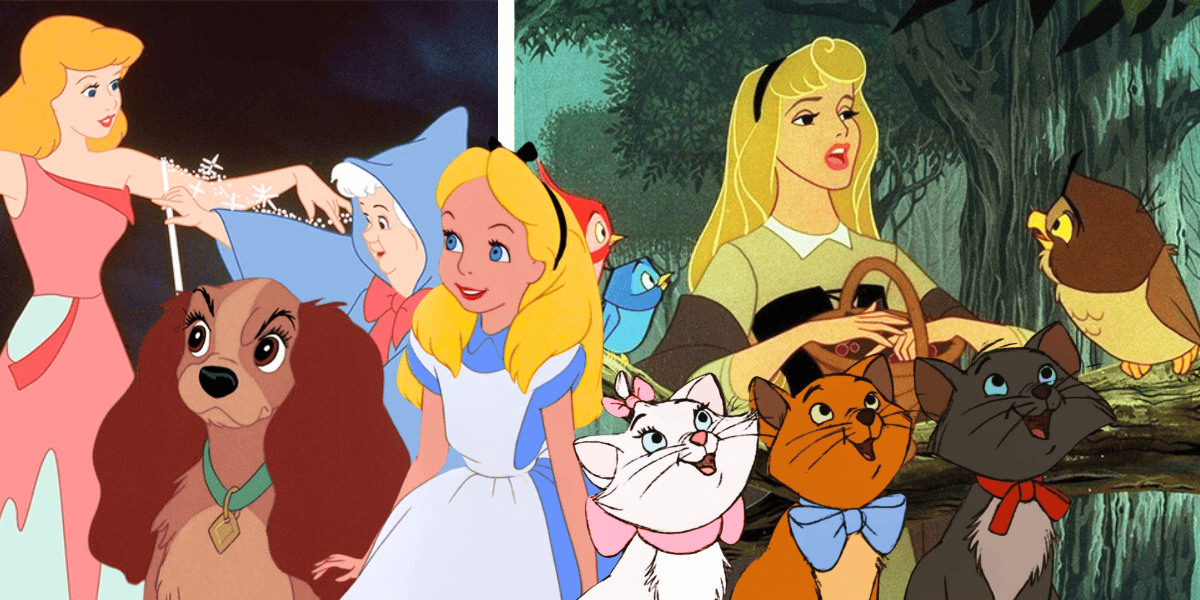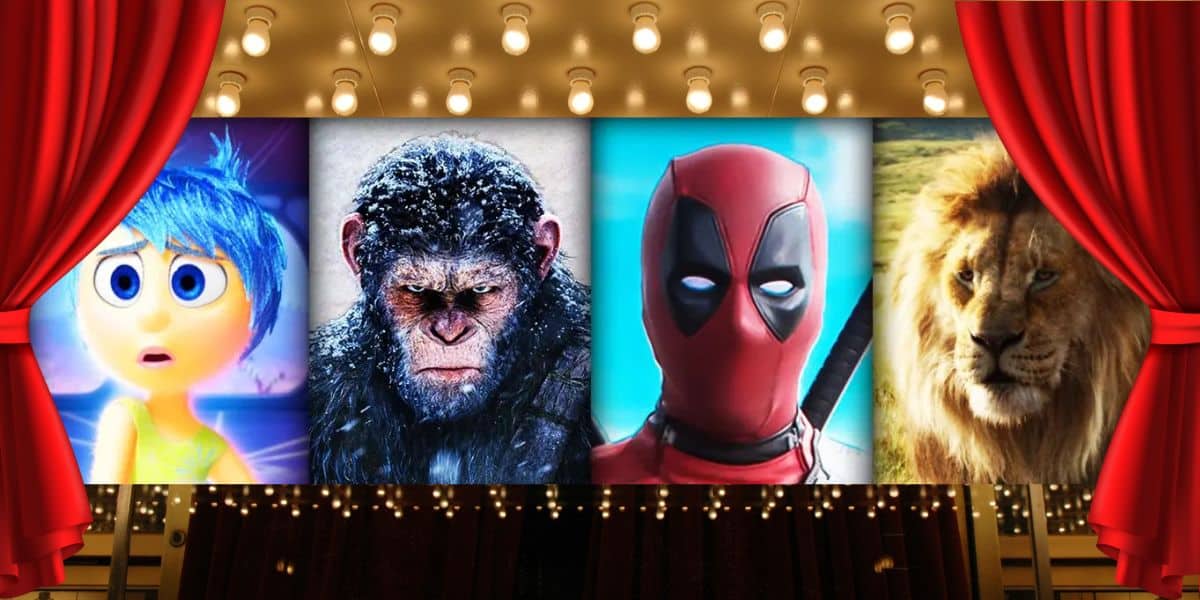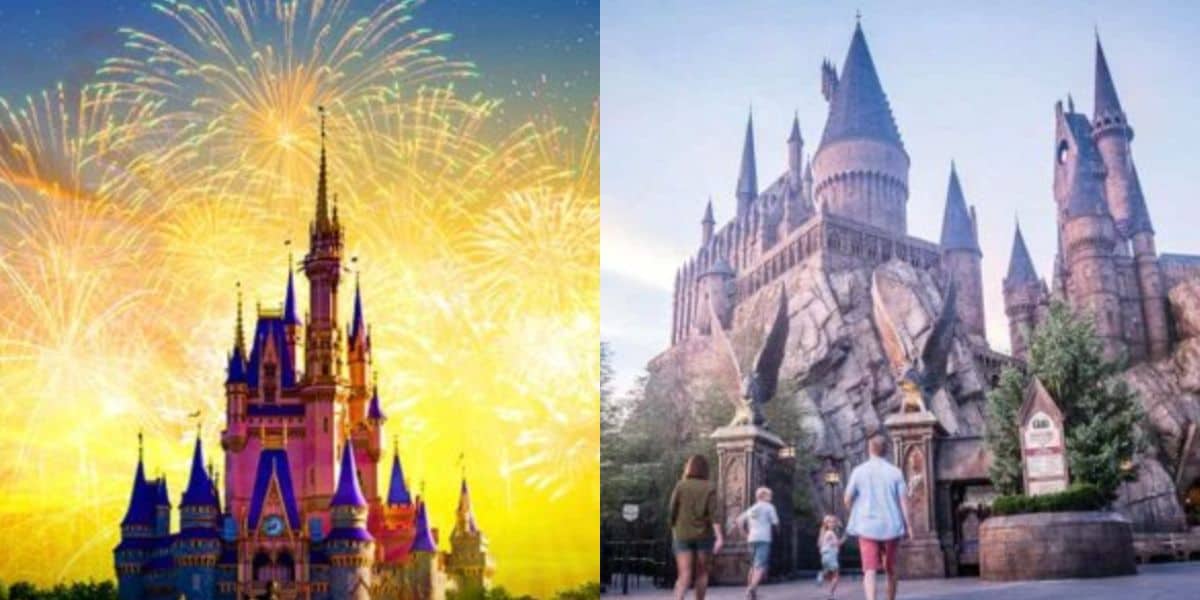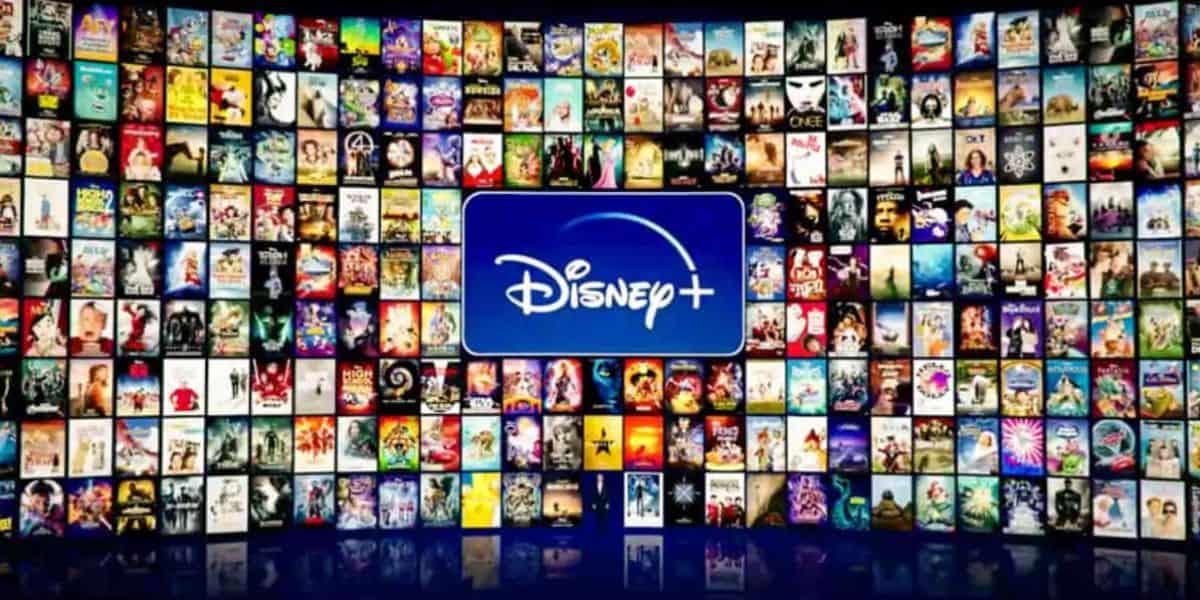Disney and Universal unite against a common enemy.

Disney and Universal Make Rare Alliance To Face New Challenge
It’s a clash straight out of a blockbuster script—Hollywood versus artificial intelligence. The names behind the world’s most beloved characters are stepping into the courtroom once again, this time aiming their sights at a new tech challenger with billions on the line.
The question isn’t whether AI is powerful—it’s whether it can be trusted with decades of creative legacies. For casual fans, it feels like a tug-of-war between innovation and imagination. For the studios, it’s a fight to defend the foundation of their business.
Now, just months after battling Midjourney, Disney and Universal have returned to court. But they’re not alone this time. The stakes are higher, the opponent is bigger, and the ripple effects could shape entertainment for decades.

The Breaking Update: Hollywood Targets MiniMax
According to a report from CNN, Disney and Universal Studios teamed up with Warner Bros. Discovery this week to file a lawsuit against MiniMax, the Chinese AI company behind the content generator Hailuo AI. The complaint, filed in California’s district court, alleges MiniMax used copyrighted material to build its models, then marketed the platform as nothing less than “a Hollywood studio in your pocket.”
The studios argue that Hailuo lets users instantly create downloadable images and videos of copyrighted characters without permission—from animated icons to superheroes. Warnings, they claim, went ignored.
“Innovation must respect intellectual property,” the studios said in a joint statement. “This lawsuit underscores our commitment to protecting creativity, wherever violations occur.”
Adding fuel to the fire, MiniMax is in the middle of transitioning into a public company, reportedly targeting a valuation north of $4 billion (Yahoo Finance). The lawsuit, if successful, could derail those plans entirely.

What It Means for Fans and Creators
While the courtroom drama unfolds, fans are left wondering how it will affect them. AI platforms like Hailuo made it easy to imagine new takes on beloved franchises—but if Hollywood wins, those tools may become restricted or vanish altogether.
For creators, the ruling could set limits on how AI-generated art is used. What feels like harmless fun online could be judged as copyright infringement, potentially shutting down communities that thrive on remixing popular culture.
This isn’t just about law; it’s about access, creativity, and where studios draw the line.

Insider Tips: Staying Safe in the AI Era
-
Double-check AI tools. Stick to platforms that publicly state their models are trained on public-domain or licensed material.
-
Don’t assume it’s “free.” Generating fan art of copyrighted characters could put you at risk.
-
Expect tighter rules. The Midjourney case showed studios are watching closely. The MiniMax suit proves they’re ready to escalate.

Why This Fight Matters
This isn’t merely a business dispute—it’s a cultural turning point. Studios argue that decades of storytelling, artistry, and billions in investment are being undermined when AI can reproduce characters in seconds. Fans, meanwhile, are torn: many welcome stricter enforcement, while others fear creativity will be boxed in.
On social media, the case is sparking debates about ownership, art, and innovation. Some see the lawsuit as protecting creators’ rights; others see it as Hollywood clamping down on fan-driven expression.
Whatever the outcome, the precedent could redefine the entertainment industry worldwide.

Final Thoughts
Disney, Universal, and Warner Bros. are making their position crystal clear: they won’t allow AI companies to freely borrow from their creative universes. With billions at stake, the courtroom battle against MiniMax may decide not just the future of AI—but the future of fandom itself.
Do you think AI companies should be restricted, or should fans have more freedom to create?





